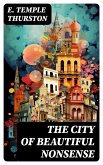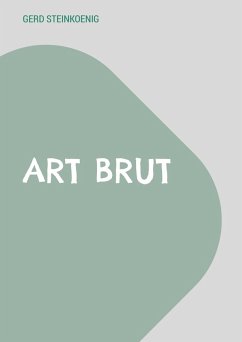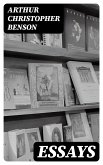Layamon's Brut is a seminal work of Middle English literature, composed in the early 13th century. This epic poem recounts the legendary history of Britain from its mythical origins under Brutus, a descendant of Aeneas, through the Arthurian tales and the establishment of British kingdoms. Written in an unrhymed alliterative verse, Layamon's style reflects the oral traditions of storytelling while also showcasing the poet's ability to weave complex narratives and characterizations. The poem stands as a bridge between the Old English epic tradition and the emerging Middle English literary culture, providing rich insights into the social and historical contexts of medieval Britain. Layamon, a priest from Worcestershire, was deeply influenced by both the Anglo-Saxon heritage and the burgeoning romance tradition of the time. His unique blend of these influences demonstrates a commitment to preserving native legends while simultaneously embracing the stylistic advancements of the continental literary landscape. This confluence of cultural narratives likely fueled his ambition to create a comprehensive chronicle of Britain's past, showcasing both the grandeur and the moral lessons encapsulated in its history. For readers interested in medieval literature, Layamon's Brut offers a captivating exploration of heroic ideals, national identity, and the power of storytelling. This foundational text is not only vital for understanding the evolution of English literature but also serves as a profound commentary on the societal values and historical consciousness of its era.
Dieser Download kann aus rechtlichen Gründen nur mit Rechnungsadresse in A, B, BG, CY, CZ, D, DK, EW, E, FIN, F, GR, H, IRL, I, LT, L, LR, M, NL, PL, P, R, S, SLO, SK ausgeliefert werden.









